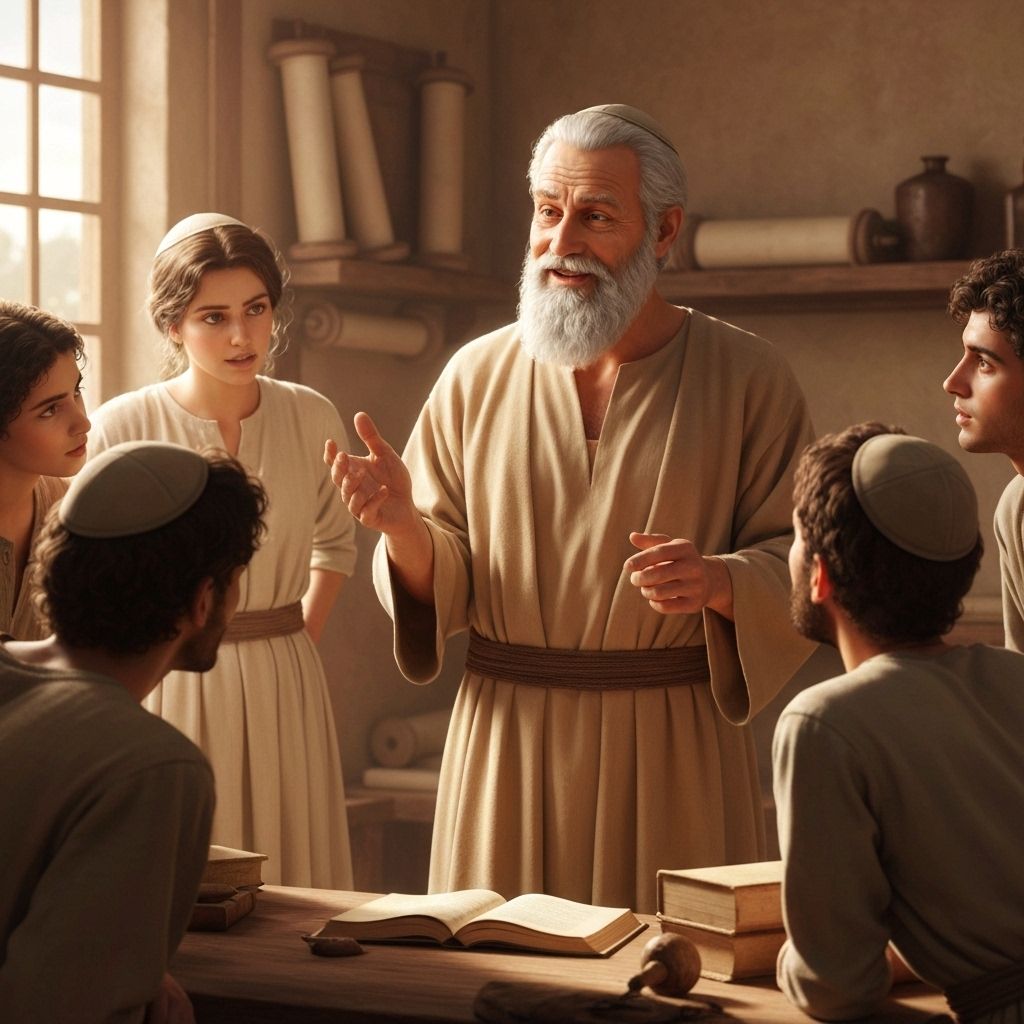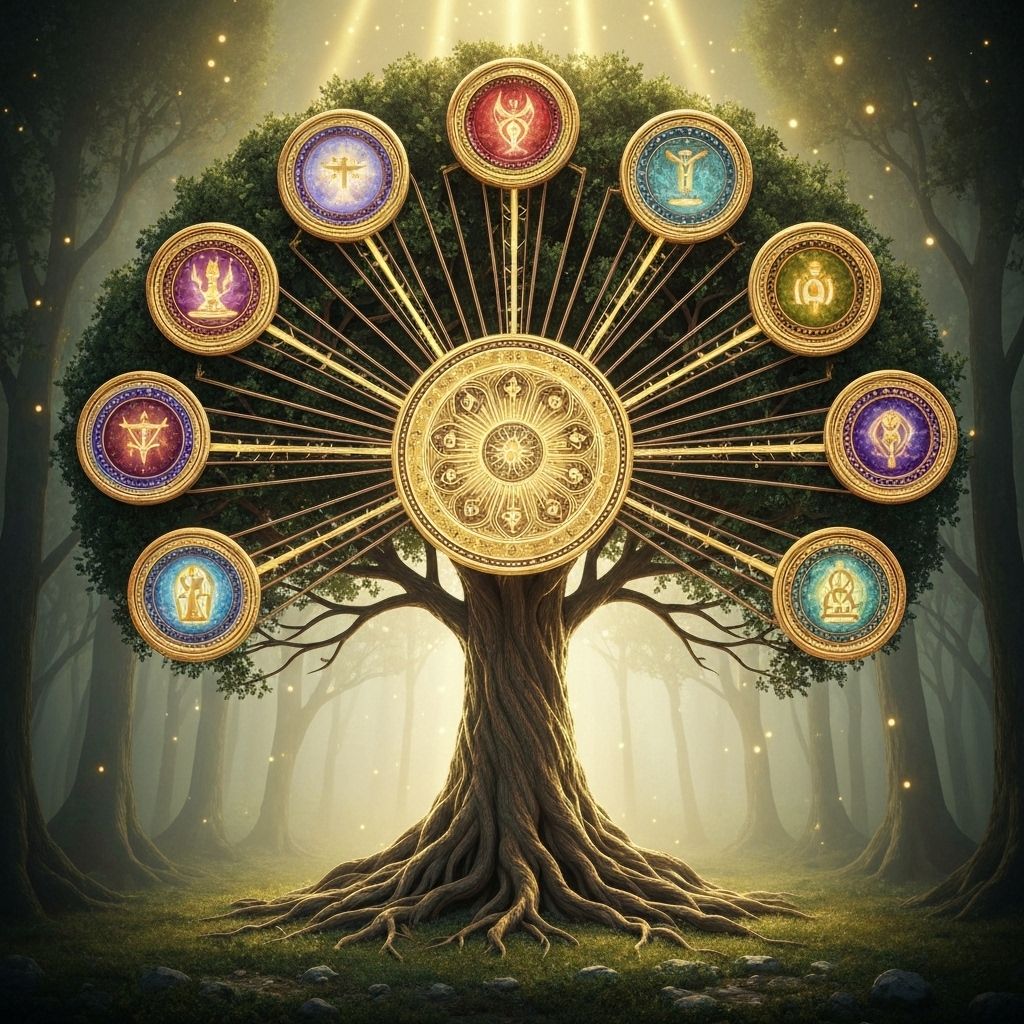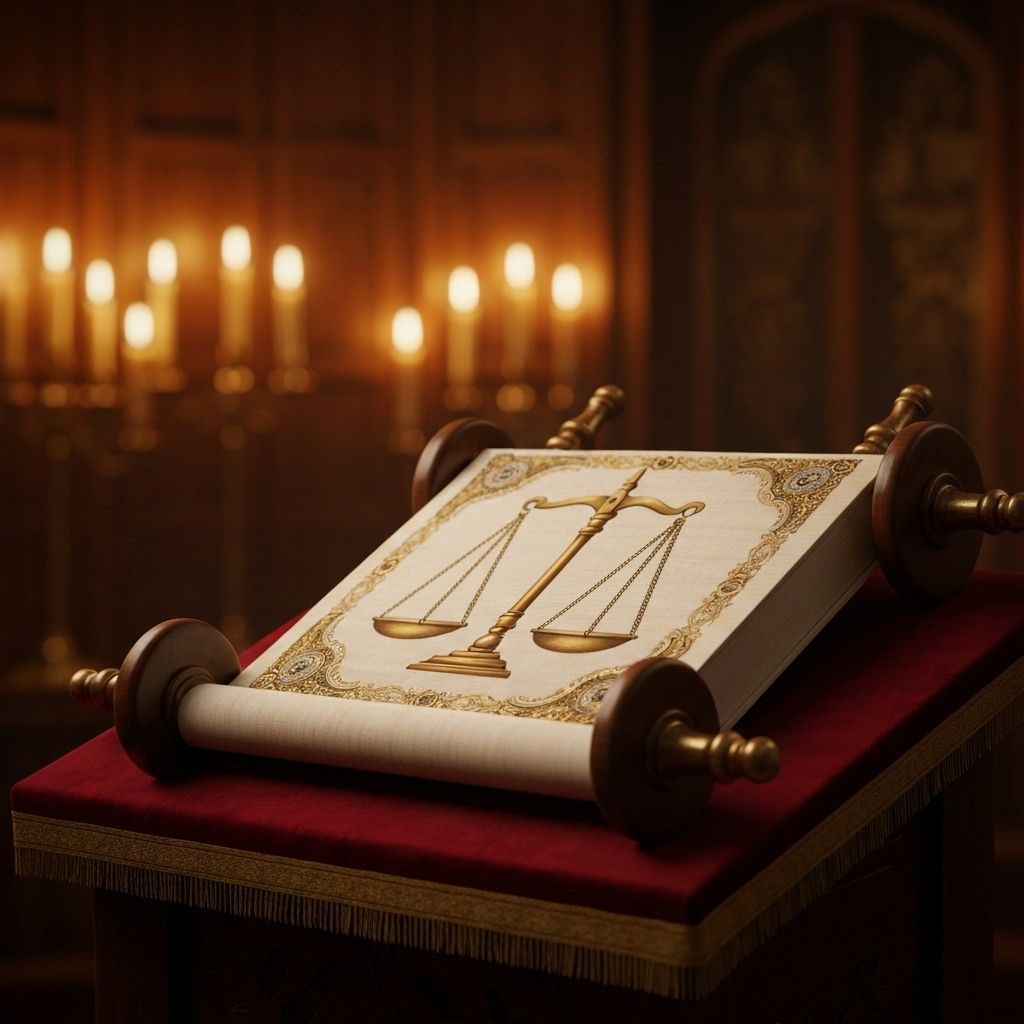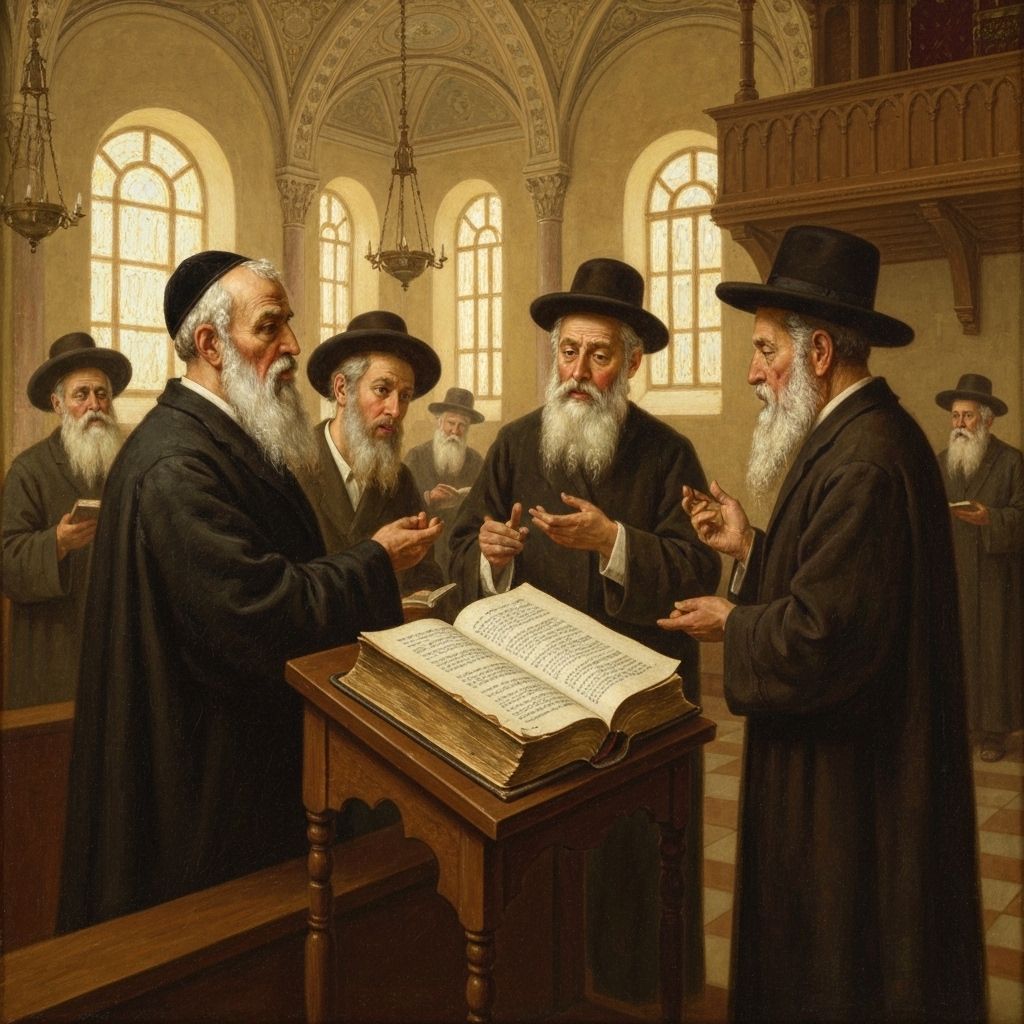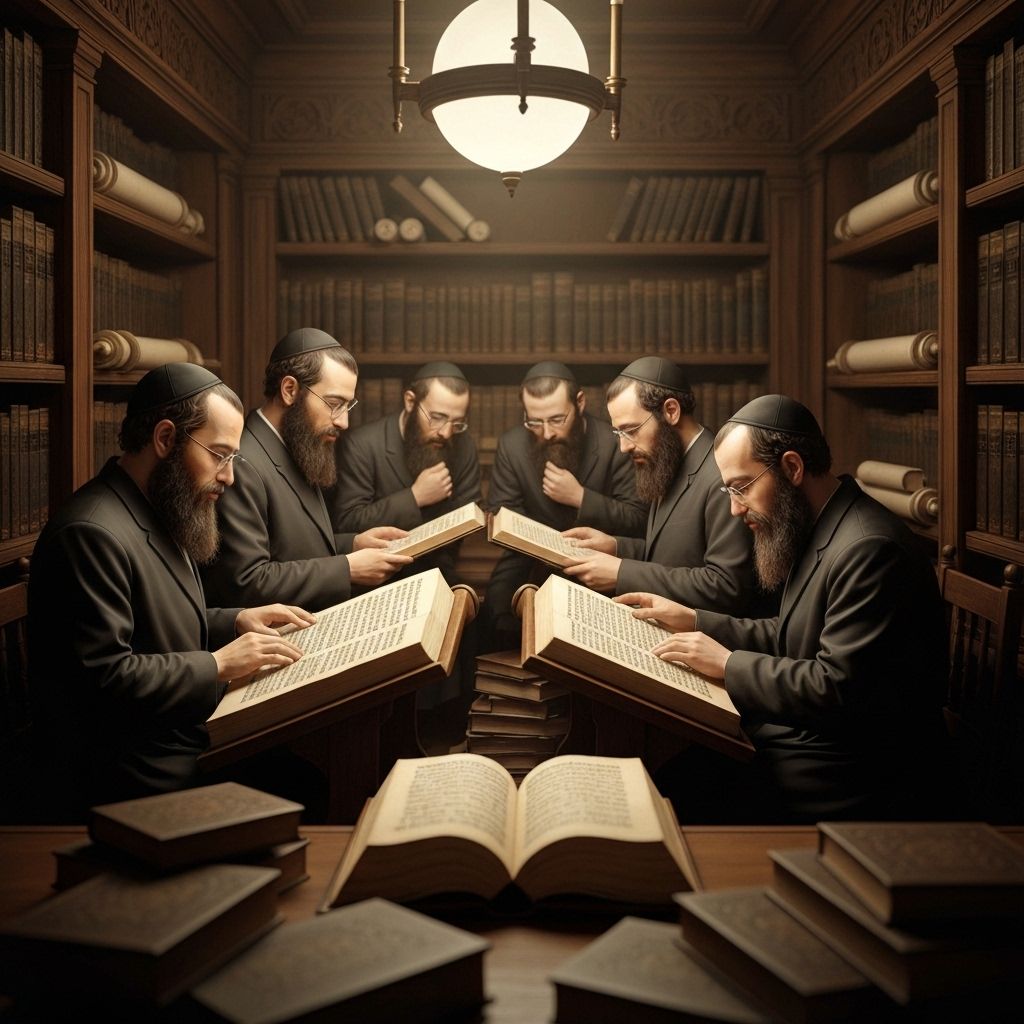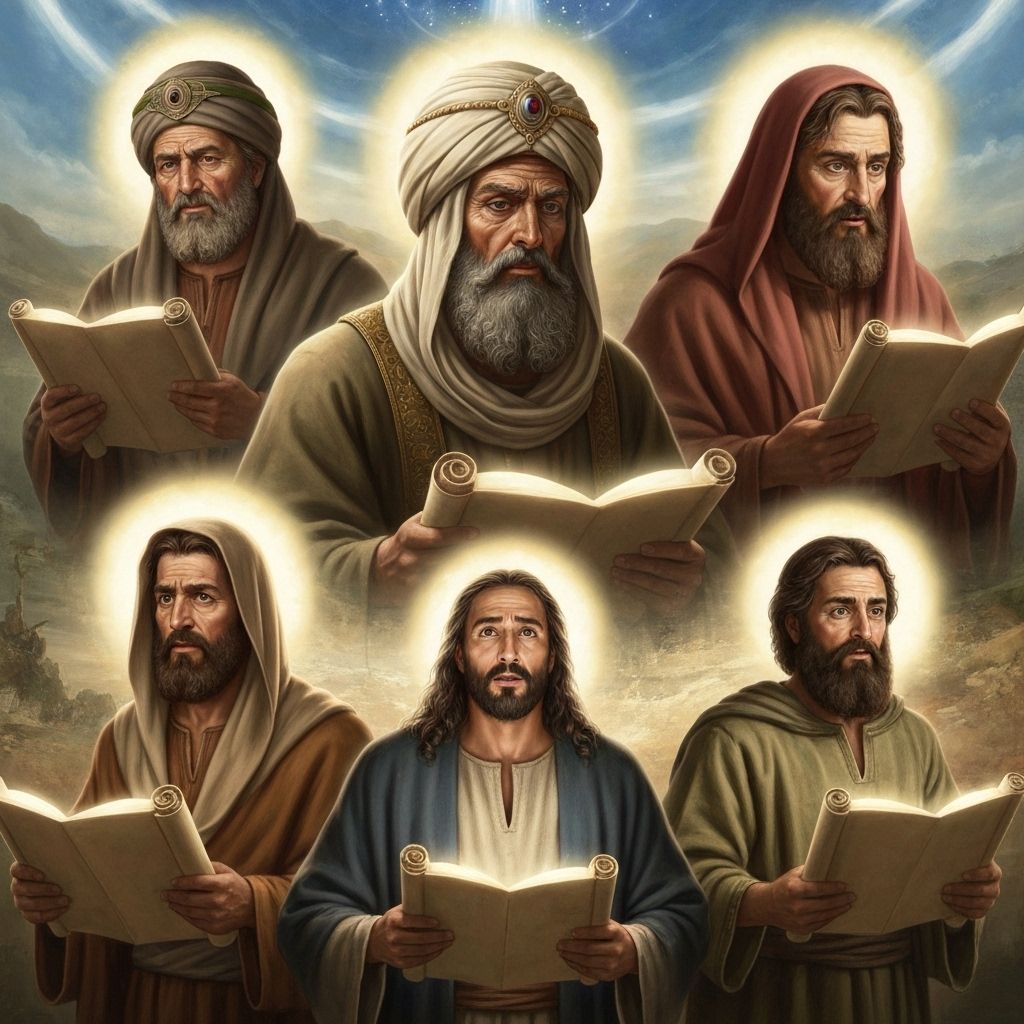3-Minute Summary
The Words of the Torah Explained with Help from Rashi and Ramban
Rashi (1040-1105) was a medieval French rabbi whose commentary on the Torah and Talmud is considered essential reading. His explanations focus on the plain meaning of the text and are known for their clarity and accessibility.
Ramban (1194-1270) was a Spanish rabbi, physician, and philosopher who provided deeper mystical and philosophical insights into the Torah, often building upon Rashi's work while adding his own profound interpretations.
Parsha Shoftim ('Judges') establishes the institutions of justice and leadership that will govern Israelite society in the Promised Land. Moses emphasizes that justice must be pursued relentlessly, creating a society where righteousness prevails.
The parsha describes the requirements for judges and judicial procedures, ensuring impartiality and truth. It establishes the office of king, with limitations to prevent tyranny, requiring the king to write his own Torah scroll and rule according to divine law.
Laws for priests and Levites are given, ensuring their support and proper function. The parsha also establishes criteria for true prophets, distinguishing them from false ones, and mandates obedience to authentic prophetic messages.
Cities of refuge are designated for protection of accidental killers, and laws of warfare emphasize ethical conduct in battle. The parsha concludes with procedures for unsolved murders and inheritance rights for daughters without brothers.


